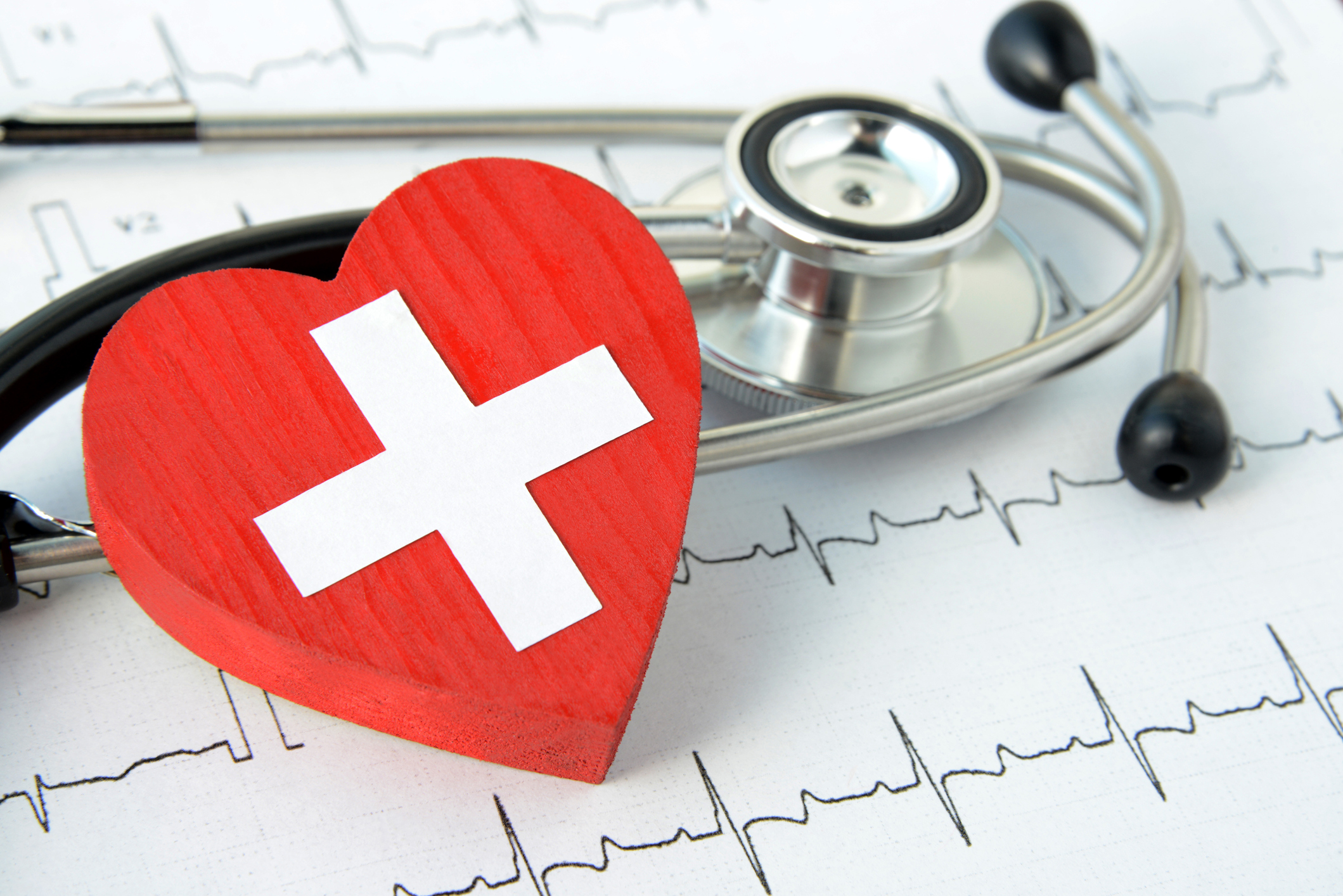
In a world where viruses and bacteria can easily spread and cause illness, it’s more crucial than ever to understand how to prevent getting sick. While it’s impossible to eliminate all risks, there are numerous effective strategies you can adopt to bolster your immune system and reduce your susceptibility to illnesses. This comprehensive 3000-word article will delve into various aspects of illness prevention, from maintaining a healthy lifestyle to practicing good hygiene and vaccination.
Table of Contents
Strengthen Your Immune System
Eat a Balanced Diet
A strong immune system is your first line of defense against illness. Your diet plays a significant role in maintaining and strengthening your immune system. Include a variety of fruits, vegetables, lean proteins, and whole grains in your daily meals to provide essential vitamins and minerals that support immune function.
Stay Hydrated
Proper hydration is vital for overall health and helps your body flush out toxins. Drinking an adequate amount of water each day keeps your mucous membranes moist, which helps your body’s natural defense mechanisms work more effectively.
Get Sufficient Sleep
Quality sleep is essential for a robust immune system. Aim for 7-9 hours of uninterrupted sleep each night to allow your body to repair and regenerate. Lack of sleep can weaken your immune response, making you more susceptible to infections.
Manage Stress
Chronic stress can suppress your immune system. Engage in stress-reducing activities such as meditation, yoga, deep breathing exercises, or hobbies you enjoy. Prioritizing mental well-being is crucial in preventing illness.
Regular Exercise
Physical activity can enhance immune function by promoting good circulation and reducing inflammation. Aim for at least 150 minutes of moderate-intensity exercise each week to keep your immune system in top shape.
Practice Good Hygiene
Frequent Hand-washing
One of the simplest and most effective ways to prevent illness is proper hand-washing. Wash your hands frequently with soap and warm water for at least 20 seconds, especially after touching high-touch surfaces or being in public places.
Use Hand Sanitizer
When soap and water are not available, use hand sanitizer with at least 60% alcohol. Carry a small bottle with you for on-the-go sanitation.
Cover Your Mouth and Nose
When you cough or sneeze, use a tissue or your elbow to cover your mouth and nose to prevent the spread of germs. Dispose of tissues properly and wash your hands immediately.
Avoid Touching Your Face
Your hands come into contact with various surfaces throughout the day, so try to avoid touching your face, especially your eyes, nose, and mouth, to prevent the transfer of germs.
Clean and Disinfect
Regularly clean and disinfect frequently-touched surfaces in your home and workplace, such as doorknobs, light switches, and countertops. Use EPA-approved disinfectants for maximum effectiveness.
Practice Social Distancing
Maintain Physical Distance
During outbreaks of contagious diseases, practice social distancing by maintaining at least 6 feet of space between yourself and others in public places. This helps reduce the risk of airborne transmission.
Limit Gatherings
Avoid large gatherings and crowded events, especially in enclosed spaces. Opt for outdoor activities when possible, and wear a mask in crowded settings.
Work from Home
If your job allows it, consider working from home to reduce your exposure to potential sources of infection in the workplace.
Vaccination
Stay Up-to-Date on Vaccines
Vaccination is one of the most effective ways to prevent certain illnesses. Ensure that you and your family are up-to-date on recommended vaccines, including flu shots, childhood immunizations, and any additional vaccines recommended by healthcare professionals.
Consider Travel Vaccinations
If you plan to travel internationally, consult a healthcare provider to discuss necessary travel vaccinations and preventive measures specific to your destination.
Travel Safely
Check Travel Advisories
Before traveling, check for travel advisories and health alerts related to your destination. Stay informed about any specific health risks and follow recommended precautions.
Pack Essentials
When traveling, pack essential items such as hand sanitizer, disinfectant wipes, face masks, and gloves to minimize the risk of exposure to germs during your journey.
Maintain a Clean Environment
Ventilation
Ensure proper ventilation in your home and workplace. Fresh air circulation can help reduce the concentration of airborne pathogens.
Air Purifiers
Consider using air purifiers with HEPA filters to improve indoor air quality and remove airborne particles, including viruses and bacteria.
Practice Safe Eating Habits
Food Safety
Handle and prepare food with care to prevent food-borne illnesses. Wash your hands before cooking, keep raw and cooked foods separate, and cook food to the recommended temperature.
Avoid Raw or Undercooked Foods
Minimize the consumption of raw or undercooked foods, such as raw eggs or uncooked seafood, to reduce the risk of foodborne infections.
Know When to Seek Medical Help
Recognize Symptoms
Familiarize yourself with the common symptoms of illnesses, such as fever, cough, sore throat, and difficulty breathing. If you experience any unusual or severe symptoms, seek medical attention promptly.
Stay Informed
Stay informed about the prevalence of infectious diseases in your area and follow local health guidelines. Regularly check the websites of health authorities for updates on outbreaks and recommended precautions.
Section 9: Support Your Community
Get Involved
Support public health efforts by getting involved in community initiatives, such as blood donation drives, flu shot clinics, and volunteering at local healthcare facilities.
Be Considerate
Show consideration for others by wearing a mask when required, maintaining physical distance, and following health guidelines in public spaces.
Conclusion
Preventing illness is a multifaceted endeavor that involves maintaining a healthy lifestyle, practicing good hygiene, getting vaccinated, and staying informed. By following the strategies outlined in this comprehensive guide, you can significantly reduce your risk of getting sick and contribute to the well-being of your community. Remember that while you cannot eliminate all risks, taking proactive steps to protect your health is a valuable investment in your future.
Your Health Matters.
There's nothing more important.
